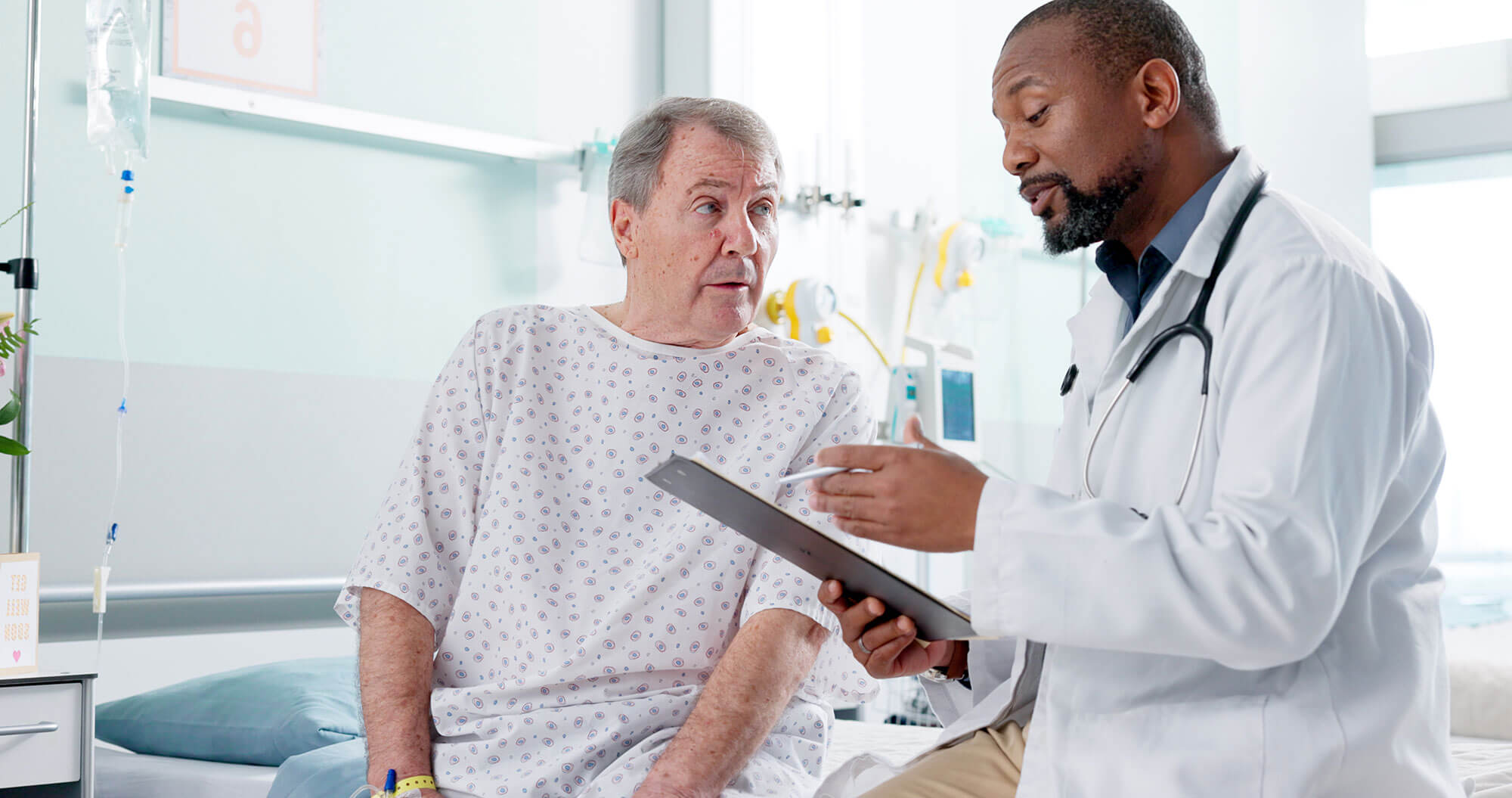What is fatty liver disease?
There are two main types of fatty liver disease: non-alcoholic (NAFLD) and alcoholic fatty liver disease. Fatty liver disease is a condition in which fat builds up in the liver cells. This can cause liver inflammation, which can, in turn, progress to scarring and irreversible damage. If the severity of the condition increases, or if it is left untreated, fatty liver disease can progress to liver cirrhosis and ultimately liver failure.
It is important to notice the signs your body is sending you and contact a GI Alliance gastroenterologist immediately if you are worried that you may have fatty liver disease.
What are the symptoms of fatty liver disease?
Fatty liver disease can often manifest itself in the body with no symptoms. Some of the symptoms that may appear, however, could include:
- Pain in the upper right abdomen
- Fatigue
- Enlarged liver
- Red palms
- Enlarged blood vessels just below the skin’s surface
- Abdominal swelling and swelling in the legs
- Enlarged breasts in men
- Jaundice (yellowing of the skin and eyes)
- Feeling full in the middle or upper right side of the abdomen
- Nausea
- Loss of appetite/weight loss

What are the causes of fatty liver disease?
There are a few types of fatty liver disease, with non-alcoholic fatty liver disease (NAFLD) and alcoholic fatty liver disease being the main two. The causes of the non-alcoholic conditions are not known, but they are linked to obesity, insulin resistance, high blood sugar, and high levels of triglycerides in the blood. Alcoholic fatty liver disease is caused by consuming too much alcohol.
How is fatty liver disease treated?
Treatments vary depending on the type of fatty liver disease and how damaged the liver is. Oftentimes, the liver is not at a critical state and continues to function as normal. However, if treatment is necessary, your GI Alliance physician may suggest the following:
- Weight loss
- Hepatitis A and B vaccinations
- Liver transplant
- Avoiding alcohol (if alcoholic fatty liver disease is present)
What is the difference between NAFLD and alcoholic steatohepatitis?
Both non-alcoholic fatty liver disease (NAFLD) and alcoholic fatty liver (alcoholic steatohepatitis) can progress to cirrhosis and potentially liver failure. The primary difference between the two is that NAFLD is usually associated with overweight individuals and those with diabetes. Alcoholic fatty liver disease is exclusively related to high volumes of alcohol consumption.

Find effective treatment for fatty liver disease at GI Alliance
Fatty Liver Disease FAQs
Are there any foods you should avoid if you have fatty liver disease?
If you have been diagnosed with fatty liver disease, you may be seeking ways to improve your liver health. A few food and beverage items you might want to avoid if you have this condition include:
- Fried food
- Alcohol
- Sugary foods and drinks (such as candy, cookies and cake, soda, juices, etc.)
- Foods high in sodium
- Red meat (hamburgers, steak, and more)
- White flour (such as white bread and white pasta) and white rice
What food is ideal to eat if you have fatty liver disease?
Individuals with fatty liver disease often benefit from what is called the “Mediterranean diet.” This diet includes whole grains, fruits and veggies, nuts, lean meats (such as chicken, turkey, and fish), and healthy fats (like avocado). Your GI Alliance gastroenterologist can help determine if a new diet is ideal for your health needs.
Is fatty liver disease preventable?
Our GI team suggests that patients focus on maintaining their health, which, in turn, may help avoid the development of fatty liver disease. Attaining and maintaining an ideal weight, exercising regularly, eating a healthy diet, and limiting the consumption of alcoholic beverages can decrease the risk of this condition.
What questions should you ask your gastroenterologist if you are diagnosed with fatty liver disease?
It is natural to have questions and concerns when receiving a diagnosis such as fatty liver disease. A few questions to ask your GI doctor if you are diagnosed with this condition might include:
- How damaged is my liver?
- Is the damage reversible?
- Are any of my medications possibly contributing to this condition?
- Can losing weight improve the health of my liver?
